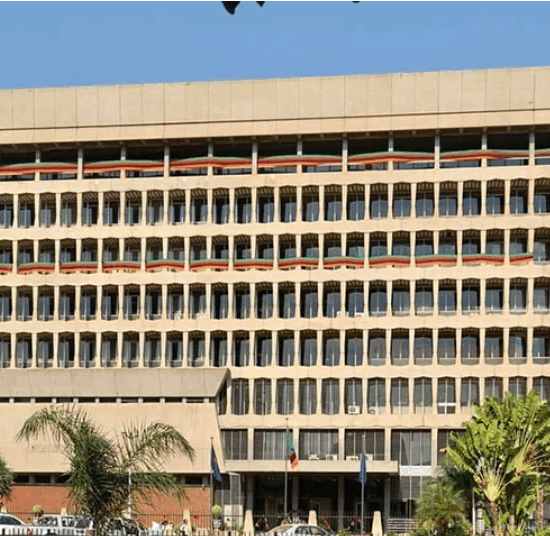
The country has recorded a consecutive five months year on year inflation increment which has mainly been attributed to the increase in the price of different commodities that form part of an essential bucket of goods and services that are monitored month on month.
And the Kwacha depreciation has been sighted as the main contributor to the 5 consecutive months continued raise in the national inflation number, which has breached the target range of 6 to 8% for Zambia. The depreciation of the local unit has a pervasive effect on the economy in that transport costs shoot up as the fuel import bill grows as well as non- food items which are mostly imported such as motor vehicles.
The month of June recorded a 0.5% inflation rate increase triggering the year on year inflation as measured by the all item index (CPI) for the month of June to raise to 8.6% from 8.1% recorded in May 2019. This means that on average, prices of goods and services increased by 8.6% between June 2018 and June 2019.
Central Statistics Office (CSO) Acting Director for Census and Statistics Goodson Siyenga announced during the Trade Fair in Ndola that the increase in the annual food inflation rate was mainly attributed to price movements of food items such as fresh & dried bream fish, buka buka fish, fresh & dried kapenta and cooking oil. The increase in the non-food annual inflation rate was also attributed to price movements of non-food items such as purchase price of motor vehicle.
The annual rate of inflation increased for non-food and Non-alcoholic beverages; Furnishing Household Equipment and Household Maintenance; Health; Transport; Communication; Recreation and culture; Education and Miscellaneous Goods and Services. Transport had the highest increase in inflation from 14.5% in May 2019 to 21.4% in June 2019.
The annual rate of inflation reduced for Clothing and Footwear; Housing water and electricity Gas and other Fuels; and restaurant. Of the total 8.6% annual inflation rate recorded in June 2019, Food and Non-alcoholic beverages accounted for 4.9 percentage points while Non-food items accounted for a total of 3.7 percentage points. Of the 3.7 percentage points, Transport contributed the highest at 1.3 percentage points followed by Housing, water, electricity, gas and other fuels that contributed 0.8 percentage points.
An analysis of the increase in both food and non-food inflation shows that the depreciation of the Kwacha is one of the major causes of the continue raise in cost of goods and services accross Zambia. The Kwacha depreciation affects the transport sector from increased imported fuel bill which feeds into the cost of final food products distribution cost to markets which is passed on to the final consumer.
For non-food inflation, most of the items in the basket of goods are imported such as furniture, motor vehicles etc which are also directly affected by depreciation of the Kwacha. With Zambia having a limited base for local manufacturing, imported inflation hits Zambia hard whenever the Kwacha depreciates.
Other tangible reasons for the increase in food items prices include the low rainfall patterns in mostly Southern, Western and parts of Lusaka Province which was experienced in the 2018/2019 farming season led to low production affecting the production and supply of Agro foods.
The Bank of Zambia, the central bank whose headline role is financial and monetary systems price stability has not been able to successfully curb the depreciation of the Kwacha as well as maintain a target band trading rate for the Kwacha to say the US dollar pointing to its adoption and practicing of a free market policy regime. The stability of the Kwacha remains the single most biggest economic variable that has been subject to consistent depreciation over the years.







